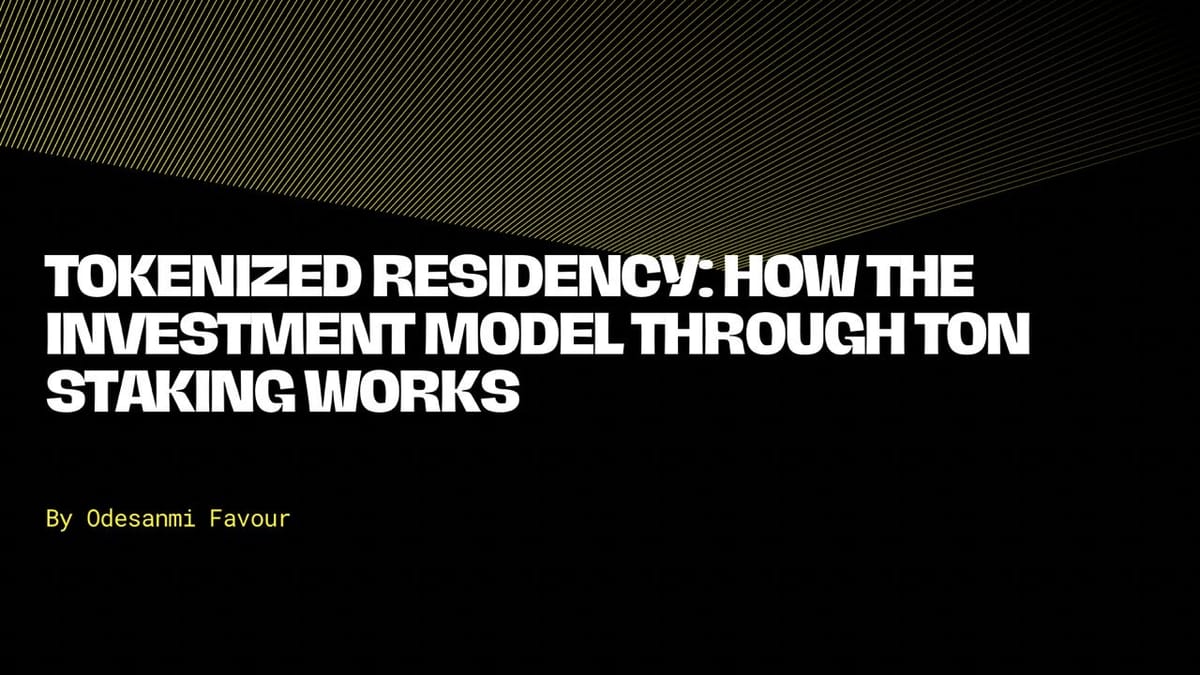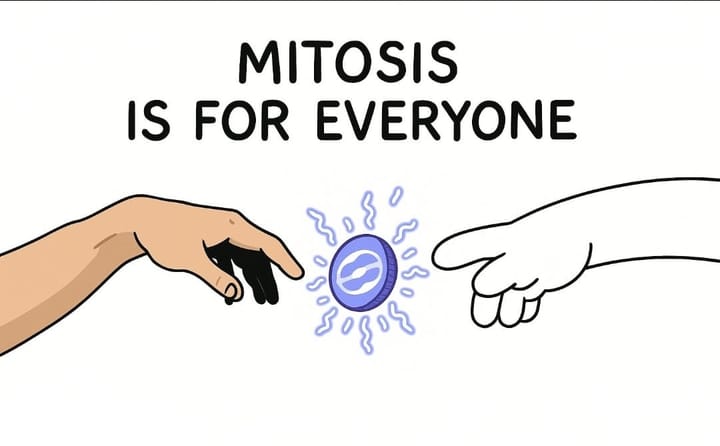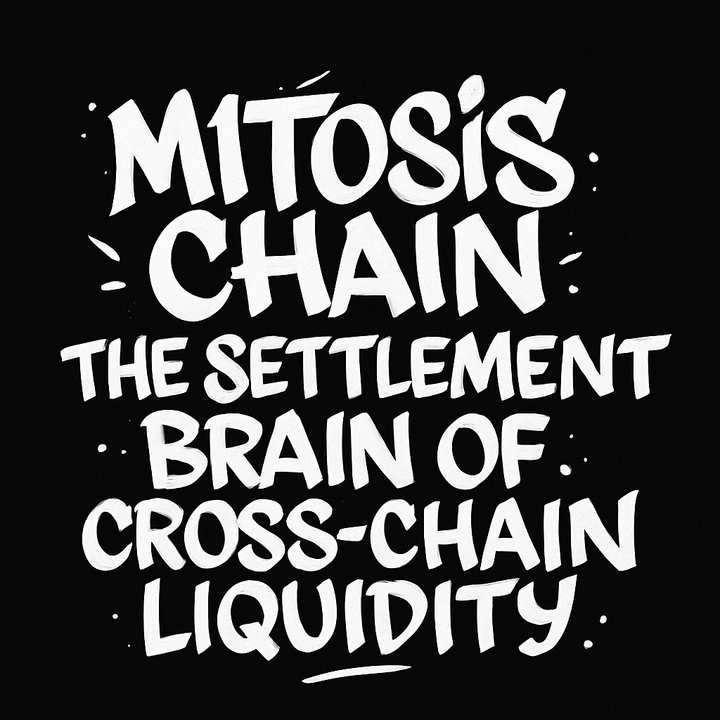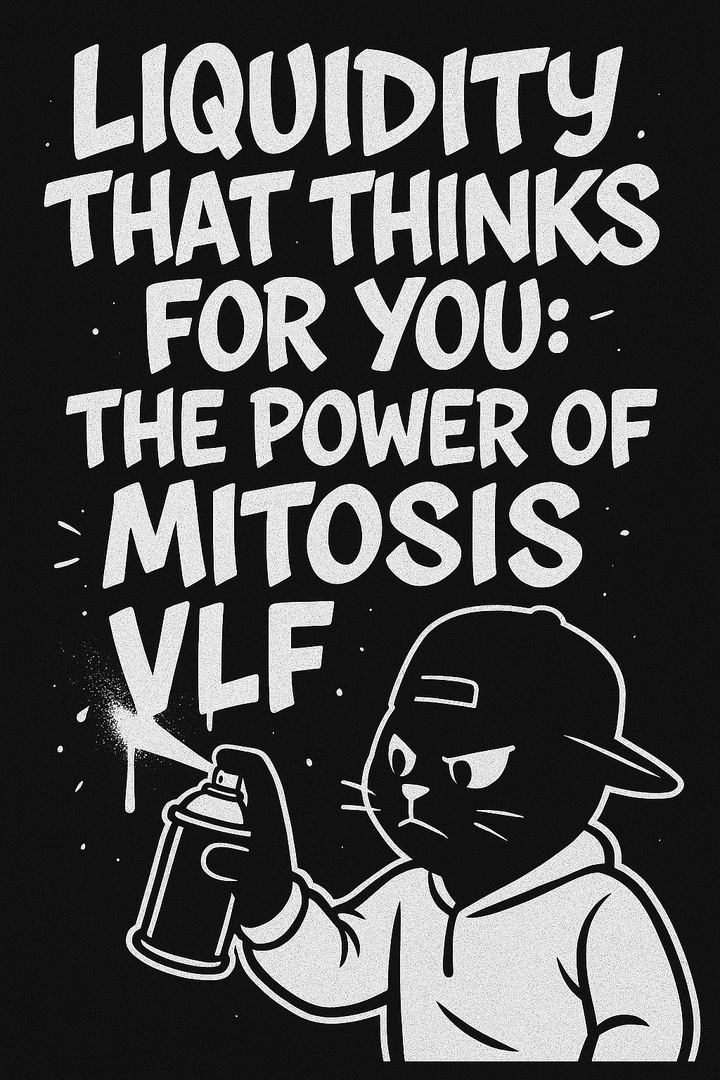Tokenized Residency: How the Investment Model Through TON Staking Works

Introduction
The Open Network (TON), initially developed by Telegram, has introduced a novel approach to residency-by-investment through its proposed UAE Golden Visa program, leveraging Toncoin (TON) staking. This tokenized residency model allows investors to stake $100,000 in TON for three years to secure a 10-year UAE residency visa, a significant departure from traditional Golden Visa requirements like real estate purchases or fixed deposits. Despite the UAE’s denial of official endorsement, the initiative highlights the potential of blockchain-based investment models to revolutionize global mobility. This article delves into the mechanics of TON’s tokenized residency model, exploring how it functions, its benefits, and the challenges it faces in redefining residency through cryptocurrency staking.
In this article, we would explore:
1. The Mechanics of TON’s Tokenized Residency Investment Model
2. Benefits of Staking for Residency Compared to Traditional Models
3. Challenges and Regulatory Considerations for Implementation
The Mechanics of TON’s Tokenized Residency Investment Model
TON’s tokenized residency model integrates blockchain technology with investment migration, allowing applicants to secure UAE Golden Visas by staking $100,000 in Toncoin through a decentralized smart contract. This approach leverages TON’s Proof-of-Stake (PoS) blockchain to ensure transparency, security, and user control, making it a pioneering attempt to merge DeFi principles with real-world residency benefits.
How It Works
The process begins with applicants staking $100,000 worth of TON tokens for a minimum of three years via a non-custodial smart contract on the TON blockchain. Unlike traditional custodial arrangements, this smart contract ensures that investors retain full ownership of their assets during the lock-up period, with the ability to verify the contract’s integrity on-chain. Applicants also pay a $35,000 processing fee, which covers administrative costs handled by UAE-based partners. The application process involves:
- Submission and Review: Applicants submit documents through a merit-based selection process, which evaluates eligibility without requiring traditional criteria like real estate ownership or minimum income.
- Staking and Verification: The $100,000 in TON is staked via a smart contract, auditable on the TON blockchain, ensuring transparency. The staked tokens generate an estimated 3–4% annual yield, providing passive income during the lock-up period.
- Visa Processing: Upon approval, UAE-based partners manage visa issuance, with the entire process taking under seven weeks—faster than the three-to-six-month timeline of conventional Golden Visas.
- Family Inclusion: The visa extends to spouses, children, and parents at no additional cost beyond standard government fees, enhancing its appeal for families.
For Example: A Crypto Investor’s Application
Imagine Sarah, a crypto entrepreneur with $100,000 in Toncoin. She applies for the TON Golden Visa by submitting her documents online and staking her TON through a TON wallet like Tonkeeper. The smart contract locks her tokens for three years, generating a 3.5% annual yield (approximately $3,500 per year). Within seven weeks, Sarah and her family receive 10-year UAE residency visas, allowing them to live, work, and invest in the UAE without purchasing property or meeting income thresholds. Sarah retains control of her staked TON, which she can unstake after three years, potentially with accrued value if Toncoin’s price appreciates.
Technical Backbone
TON’s PoS consensus mechanism underpins the staking process. Validators, selected via an Elector smart contract, secure the network by staking significant amounts of TON (minimum 300,000 TON for validators). Smaller holders, like Golden Visa applicants, can participate through nominator pools, which aggregate stakes to support validators while distributing rewards. The smart contract ensures that staked assets are secure, with mechanisms to prevent validator withdrawal, and offers instant withdrawals for smaller stakes (as low as 1 TON for nominator pools). This infrastructure supports the residency program’s scalability and security, making it accessible to a wide range of investors.
Benefits of Staking for Residency Compared to Traditional Models
TON’s tokenized residency model offers distinct advantages over traditional UAE Golden Visa pathways, which typically require investments of $540,000 or more in real estate or fixed deposits. By leveraging blockchain and staking, TON provides a more accessible, liquid, and efficient alternative for crypto investors seeking global mobility.
Lower Financial Barrier
Traditional UAE Golden Visas demand substantial investments, often exceeding $500,000 in illiquid assets like property. TON’s program reduces the entry cost to $100,000, making residency accessible to a broader range of investors. The $35,000 processing fee, while high, is offset by the lack of additional investment requirements. As Bobby Ong of CoinGecko noted, this is “5x lower than an equivalent real estate/FD investment,” positioning TON as a cost-effective option.
Liquidity and Yield
Unlike real estate or fixed deposits, which tie up capital with limited liquidity, TON’s model allows investors to retain control of their staked assets via a non-custodial smart contract. The 3–4% annual yield provides passive income, a feature absent in traditional models. For example, staking $100,000 in TON could yield $3,000–$4,000 annually, and investors can unstake their tokens after three years, potentially benefiting from Toncoin’s price appreciation. This liquidity aligns with the preferences of crypto-native investors, as highlighted by posts on X praising the program’s “user-controlled liquidity.”
Streamlined Process
The TON program’s seven-week approval timeline is significantly faster than the three-to-six-month process for traditional Golden Visas. By eliminating requirements like real estate purchases or sponsor interviews, the merit-based selection simplifies applications. For instance, a family applying through TON avoids the complexity of property transactions, as seen in Sarah’s example, where visa processing is handled seamlessly by UAE partners.
For Example: Traditional vs. TON Model
Consider John, who pursues a traditional UAE Golden Visa by purchasing a $540,000 property. He faces a six-month approval process, real estate market risks, and limited liquidity. In contrast, Sarah’s $100,000 TON stake earns yield, remains liquid, and secures residency faster. If Toncoin appreciates by 10% annually, Sarah’s investment could grow to $133,100 by the end of three years, excluding staking rewards, while John’s property may face depreciation or maintenance costs. This contrast underscores TON’s appeal for digital-first investors.
Broader Implications
The program aligns with the UAE’s crypto-friendly policies, such as retroactive VAT exemptions on crypto transactions since 2018 and the growth of blockchain hubs like the Dubai Multi Commodities Centre. By integrating residency with DeFi, TON could drive Toncoin adoption, reduce circulating supply, and enhance the UAE’s appeal as a global crypto hub, as noted by industry analysts like Jayden of Genome Protocol.
Challenges and Regulatory Considerations for Implementation
Despite its innovative approach, TON’s tokenized residency model faces significant challenges, particularly due to the UAE’s denial of official endorsement. Regulatory hurdles, high processing fees, and market risks pose obstacles to its adoption, requiring careful navigation to realize its potential.
Regulatory Uncertainty
The UAE’s Federal Authority for Identity, Citizenship, Customs and Port Security (ICP), Securities and Commodities Authority (SCA), and Virtual Assets Regulatory Authority (VARA) have stated that digital asset investments are not eligible for Golden Visas, which are limited to categories like real estate investors and exceptional talents. TON’s reliance on third-party partners for visa processing, without VARA licensing, has drawn skepticism, with critics like Changpeng Zhao (CZ) questioning its legitimacy. The premature announcement, amplified by Telegram CEO Pavel Durov’s retweet, led to a 6% Toncoin price drop after the UAE’s rebuttal, highlighting the risks of unverified claims.
High Processing Fees
The $35,000 processing fee has been criticized as excessive compared to typical agent fees of $1,000, raising concerns about transparency and affordability. Legal expert Irina Heaver emphasized the need for compliance with UAE’s KYC and AML regulations, which TON’s third-party partners must address to avoid penalties. For example, an investor like Sarah must weigh the $35,000 fee against the program’s benefits, potentially deterring smaller investors despite the lower $100,000 stake.
Market and Operational Risks
Toncoin’s price volatility, with a 13% surge to $3.08 followed by a correction to $2.90 after the UAE’s denial, poses risks for investors. If TON’s value drops significantly during the three-year lock-up, the investment’s real value could diminish. Additionally, operational risks, such as smart contract vulnerabilities or partner mismanagement, could jeopardize visa approvals. TON’s reliance on audited smart contracts by firms like Certik mitigates some risks, but robust governance is critical.
For Example: Regulatory Misstep and Recovery
When TON announced the program, posts on X hyped it as a “game-changer,” driving Toncoin’s price up 12%. However, the UAE’s denial triggered a backlash, with critics like @NexaAgent highlighting the lack of VARA approval. To recover, TON could partner with a VARA-licensed entity, as suggested by the TON Foundation’s clarification that the program is in early development with a licensed partner. This could restore credibility, ensuring compliance while maintaining the program’s innovative edge.
Future Prospects
To overcome these challenges, TON must secure regulatory approval, possibly by integrating tokenized real estate, as the UAE’s VARA supports tokenized assets for residency programs. Collaborating with established migration agencies, like Peravel, could streamline compliance, while NFT-based ownership verification, as suggested on X, could enhance transparency. If successful, TON’s model could inspire similar programs in crypto-friendly nations like Portugal or Saint Kitts & Nevis, creating a global framework for tokenized residency.
Conclusion
TON’s tokenized residency investment model through staking represents a bold fusion of blockchain technology and global mobility. By offering a lower-cost, liquid, and efficient alternative to traditional UAE Golden Visas, it appeals to crypto investors seeking residency in a blockchain hub. However, regulatory hurdles, high fees, and market risks underscore the need for robust compliance and transparency. If TON aligns with UAE regulations and leverages its PoS infrastructure effectively, this model could redefine residency-by-investment, paving the way for a new era of crypto-driven global mobility.



Comments ()